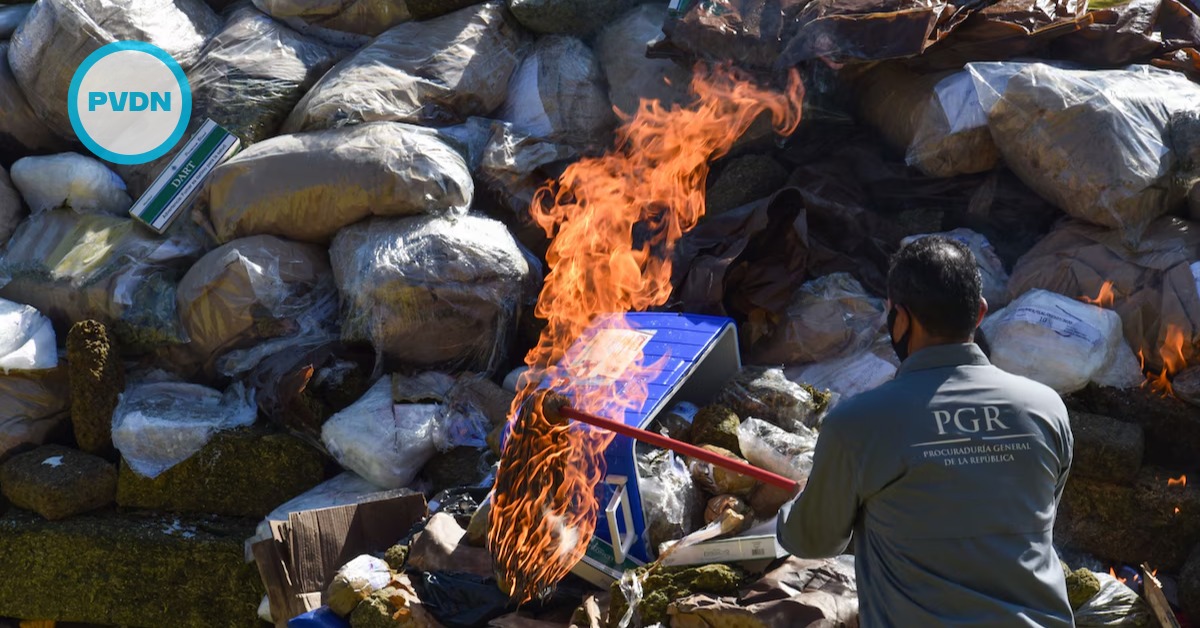Almost two years since the party that ruled in Mexico for over seventy years, once defined as the most perfect example of authoritarianism, was re-elected in Mexico’s 2012 general elections; the race for legitimate power is reaching peak point.
After the wondrous National Action Party (PAN) failed to deal with the overwhelming drug violence the country experiences, PRI was controversially elected with a difference of 6%. PAN’s internationally praised achievement of overturning the 75 years-ruling Institutional Revolutionary Party (PRI) in the year 2000 became irrelevant as Mexico’s violent crimes continue to occupy major headlines around . . .





